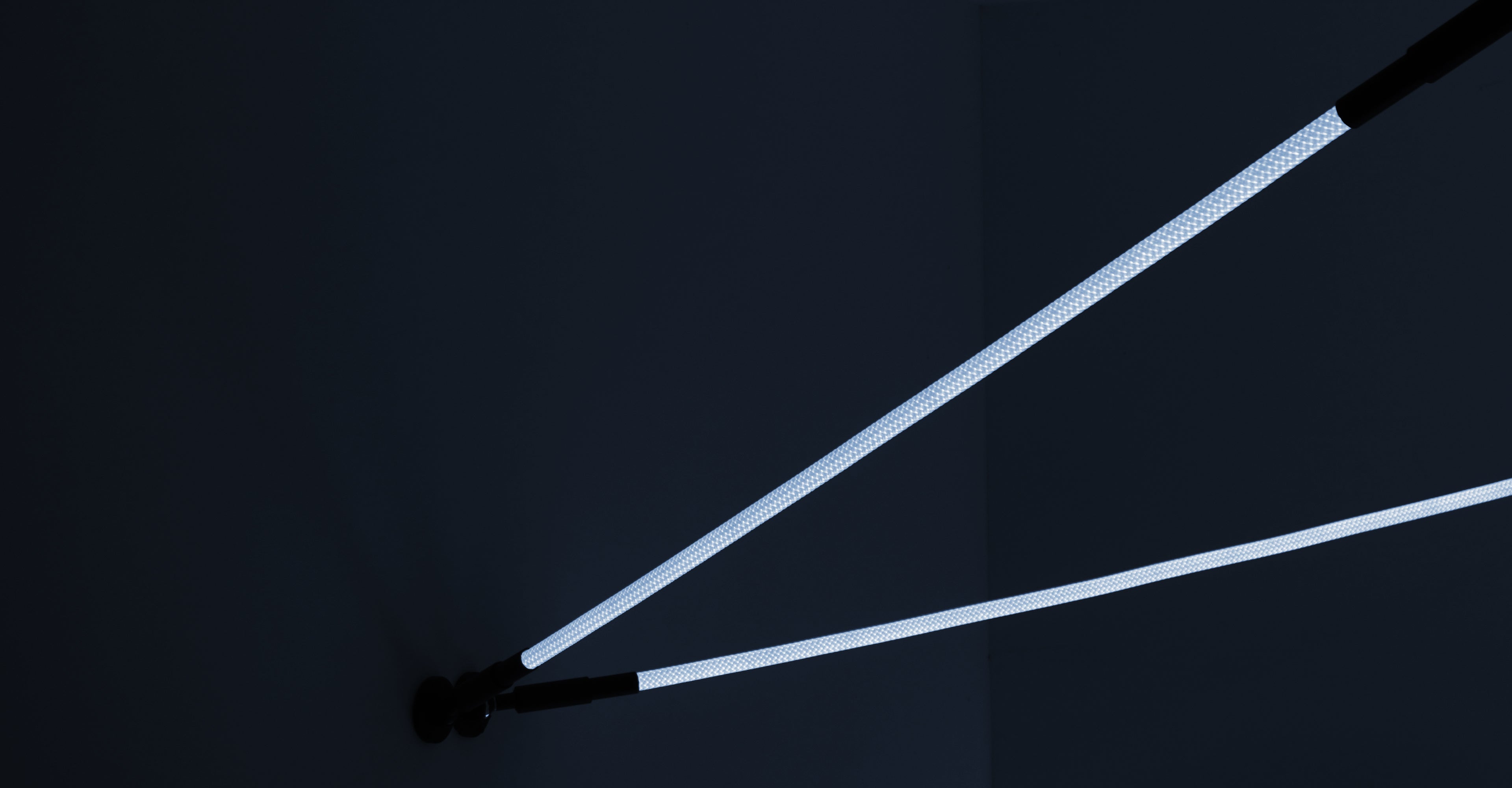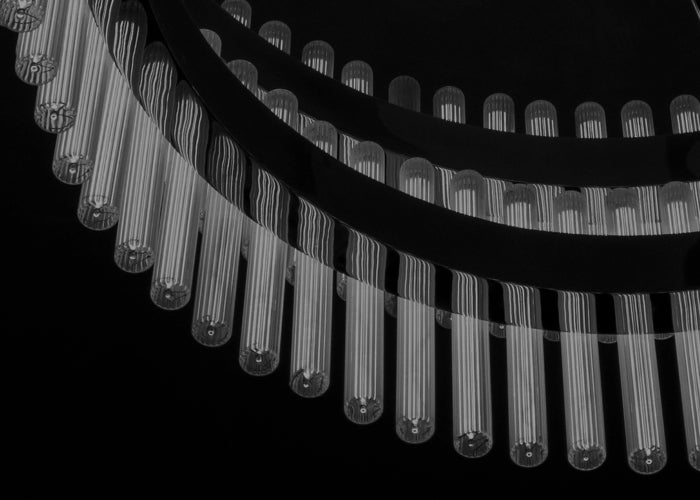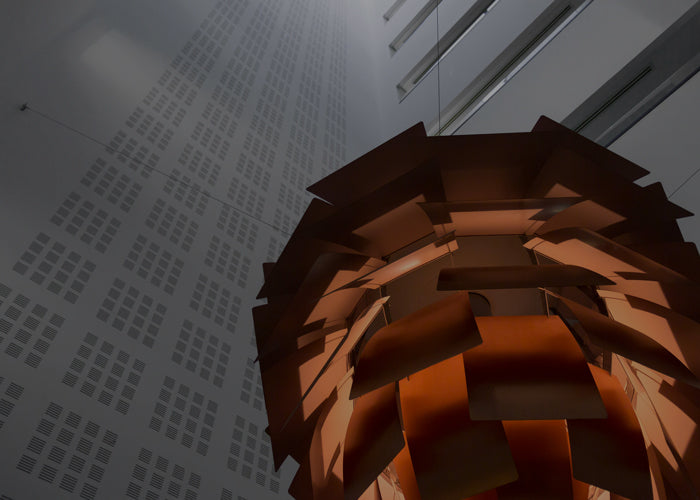What is a Wall Light?
A wall light is a lighting fixture installed on the wall, typically consisting of one or more light sources supported by the wall to provide illumination. Wall lights are commonly used to provide localized lighting or decorative effects and can be installed in spaces such as corridors, living rooms, bedrooms, and bathrooms. They come in various designs to cater to different preferences and interior decor needs. By adjusting the design and installation position, wall lights can enhance both comfort and aesthetics of indoor spaces.

Why Use Wall Lights?
- Provide localized lighting: Perfect for bedside, sofa side, or above a dining table.
- Space-saving: Installed on walls without occupying floor space.
- Add decorative effects: Enhance room style with diverse designs.
- Create ambiance: Soft and warm light for cozy, relaxing spaces.
- Functionality: Some models feature dimming, color adjustment, or directional lighting.

Types of Wall Lights
- Reading Wall Lights: Adjustable design for focused reading light.
- Decorative Wall Lights: Use metal, glass, or crystal for style.
- Ambient Wall Lights: Create relaxing or romantic atmospheres.
- Night Lights: Gentle illumination without disturbing sleep.
- Wall Washers: Highlight walls or artwork with soft lighting.
- Half-Moon Wall Lights: Hemispherical design for uniform lighting.
- Directional Wall Lights: Adjustable heads to highlight areas.
- Artistic Wall Lights: Unique designs as decorative art pieces.
- Mirror Front Wall Lights: Perfect for mirrors and vanity areas.

Spaces Suitable for Wall Lights
- Bedroom: Bedside reading and cozy atmosphere.
- Living Room: Add brightness and enhance décor.
- Corridors & Entryways: Safe navigation with style.
- Dining Room: Soft lighting for a warm dining experience.
- Bathroom: Ideal around mirrors and grooming areas.
- Office or Study: Localized lighting to improve efficiency.
- Children's Room: Night lights for comfort and fun decoration.

How to Choose the Right Wall Light?
- Determine Lighting Needs: Decide if you need reading, decorative, or ambient light.
- Consider Space Layout: Plan based on room size and function.
- Choose the Right Type: Select according to needs and style.
- Light & Color Temperature: Warm for relaxation, white for work.
- Match Decorative Style: Coordinate with room design.
- Size & Height: Ensure correct proportions and placement.
- Quality & Durability: Choose reliable materials and brands.
- Functionality: Look for dimming or smart control options.
- Budget: Balance quality with your budget.

Purchase Tips
- Measure the space and plan installation positions carefully.
- Create a complete lighting plan for your home.
- Match wall light styles with furniture and overall decor.








